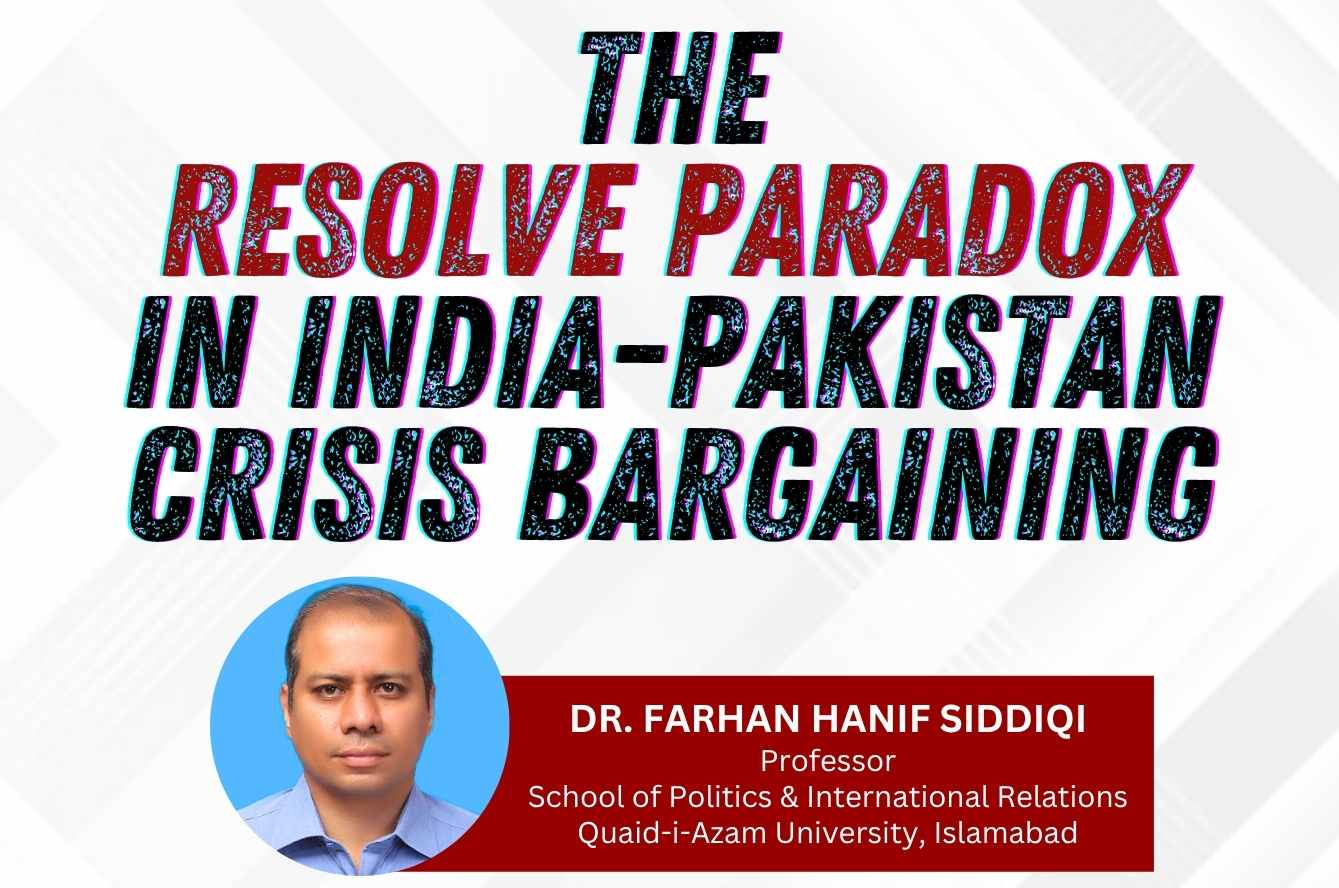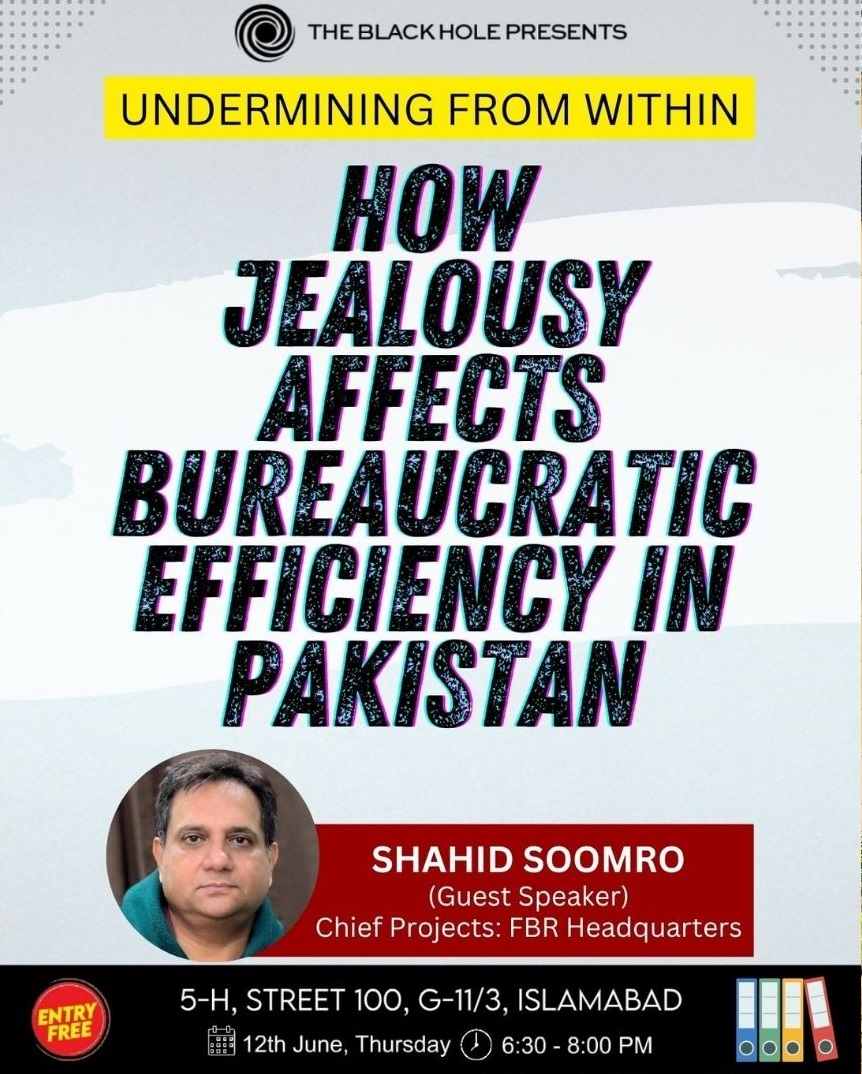
The Resolve Paradox in India-Pakistan Crisis Bargaining
Why has South Asia witnessed a resurgence of militarized crises between India and Pakistan in recent years? What key features shape not just the onset but also the termination of these high-stakes confrontations between nuclear-armed rivals?
The first part of this talk explores the broader dynamics of the India-Pakistan conflict dyad and its increasingly destabilizing trajectory. The second part focuses on crisis behavior since 2016—examining how the incentivization of ‘resolve’ on both sides (i.e., the perceived will to prevail by forcing the adversary to back down) makes crises both more dangerous and paradoxically more likely to end. This ‘resolve paradox’ fuels an escalatory-de-escalatory loop marked by risk-tolerant decisions and deep uncertainty about the opponent’s next move.
With this becoming the “new normal” in India-Pakistan crisis bargaining, the region faces the possibility of more frequent crises and a vertical escalation that could bring both nations perilously close to nuclear confrontation. The concluding part of the talk considers what it would take to build a more stable and orderly South Asia—and whether such transformation is even possible.
About the Speaker:
Farhan Hanif Siddiqi is a Professor at the School of Politics and International Relations, Quaid-i-Azam University, Islamabad. His research focuses on ethnic conflict, identity politics, conflict resolution, theories of International Relations and strategic dynamics in South Asia. He is the co-author of Introducing International Relations: Concepts, Theories, and Practices (Oxford University Press, 2023) and author of The Politics of Ethnicity in Pakistan: The Baloch, Sindhi and Mohajir Ethnic Movements (Routledge, 2012).
Prof. Siddiqi was a Visiting Scholar at the Weatherhead Center for International Affairs, Harvard University and a Visiting Fellow with the South Asia Program at the Henry L. Stimson Center, Washington, DC. He has been awarded research grants from Pakistan’s Higher Education Commission (HEC) and the United States Institute of Peace (USIP).
This session is free and open to all. Just visit the venue to attend it.
The Black Hole
Plot 5H, Street 100, G-11/3, Islamabad.
Click here for Google Maps Location
